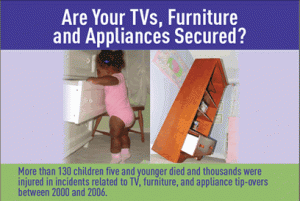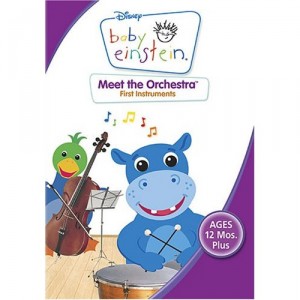Something Special Magazine for Georgia parents raising children with special needs
Wednesday, June 1st, 2011 Something Special Magazine is a lifestyle magazine for all created by a special needs parent.
Something Special Magazine is a lifestyle magazine for all created by a special needs parent.
This magazine brings hope, inspiration and resources for the special needs parent, while taking care of the “parent” in the special needs parent. For families that don’t directly have a special needs child in their life, chances are- they know someone that does.
By educating yourself on life with a special needs child, you are more able to teach your children about differences and disabilities.
Something Special is free both online and in print. The magazine’s advertisers keep the information coming to you.
Find one of Something Special’s 5,500 copies at over 125 locations in Georgia, or simply log on to www.somethingspecialmagazine.com .
This publication started out locally by a real “southern mama” of five children, one of whom has autism. Log on today and please enter your favorite special needs dad for Something Special’s Fabulous Father’s Day giveaway. Enter as many times as you wish! Grand prize is a family four pack of Atlanta Braves tickets for a game in July against the Pirates and VIP batting practice seats. Winners will be announced on Something Special Magazine on Facebook June 18 at 8pm.
Make sure you visit and “Like” Something Special Magazine on Facebook by clicking here for updates, places to visit, and some words of wisdom.

































































